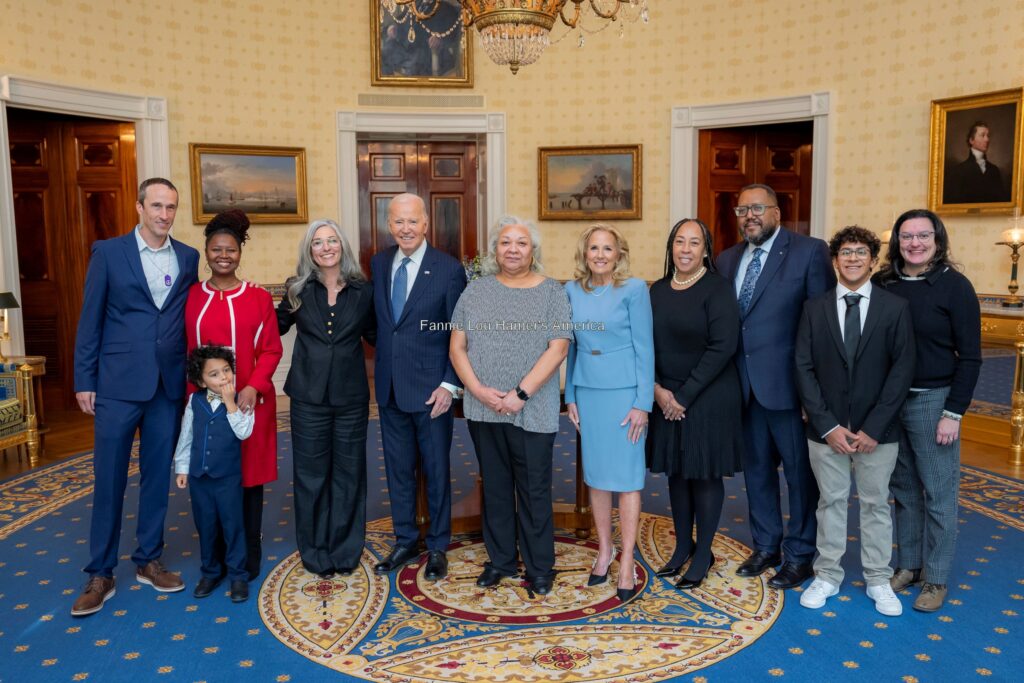Examines the little-known fight for school desegregation led by a handful of Ohio mothers and their children in 1954.
The Lincoln School Story airs Friday, February 7 at 10:30 p.m. WXXI-TV
In the wake of Brown v. Board of Education, school districts nationwide were mandated to integrate. But when African American mothers in Hillsboro, Ohio, tried to enroll their children in the local, historically white schools, the school board refused to comply. Five mothers and their children took the school board to court and eventually their children became the first Black students to attend a high-quality local elementary school. Their judicial victory in the Midwest inspired Black parents in communities across the country.
Photo: (L-R) Zella Mae Cumberland, Gertrude Clemons and Minnie Speach. Photo credit: Press Gazette

